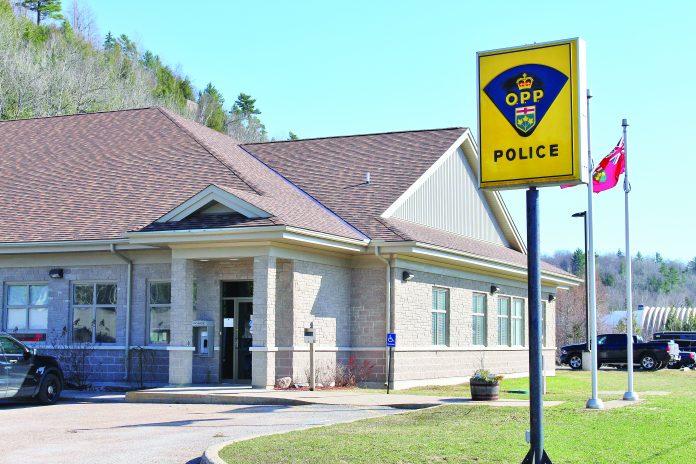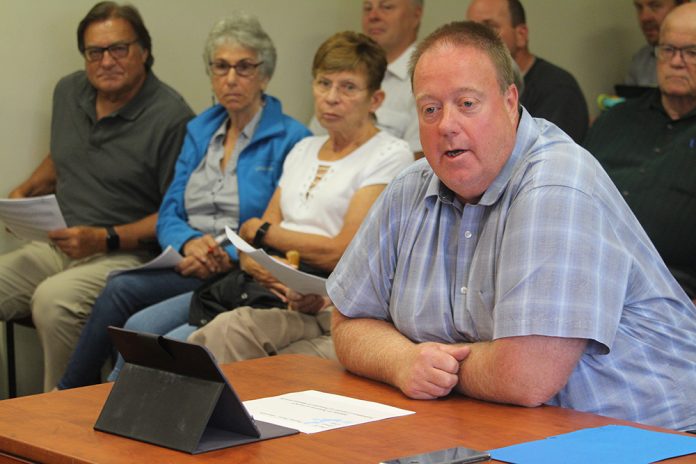Abbey Gardens did not attract the crowds it sought at its first annual golf tournament Aug. 23 but hopes to expand it in the future.
The first try for the tournament at the Blairhampton Golf Club attracted approximately 64 participants. The event raised money for programs at the charity’s facility.
Janis Parker is an Abbey Gardens board member who also chairs the Volunteer Dental Outreach (VDO) board. She said she sought to duplicate the success of the VDO’s golf tournament, which played the day before and has gone for nine years.
“I watched how successful the Volunteer Dental Outreach has been,” Parker said. “I guess as a first time we did okay. I would have liked a few more people but I think it’s enough to grow on.”
The new tournament shared resources with the VDO’s, which attracted more than twice the number of teams. Parker said there were cost savings by running the two tournaments back-to-back.
“We only had to put up the tents once. We only had to put up the generator once,” Parker said. “It was a pretty natural partnership.”
Teams of four played the course in an 18-hole, best-ball format, with added contests throughout the day. Golfer Jackie Armet said she wanted to help support what Abbey Gardens does.
“Everything they represent, from sustainable food to their garden practices, I just believe in the kind of work that they’re doing,” she said. “We look forward to coming back next year.”
“We knew it was going to be fun and it’s for a good cause,” Dysart et al Coun. John Smith said about participating. “It went very well. Great weather, good company and it’s a beautiful golf course.”
Parker said the Abbey Gardens Golf Tournament probably raised a little less money than hoped. But she still aspires to make the event more successful.
“We just need to work harder at getting the word out there about the golf tournament,” she said.











